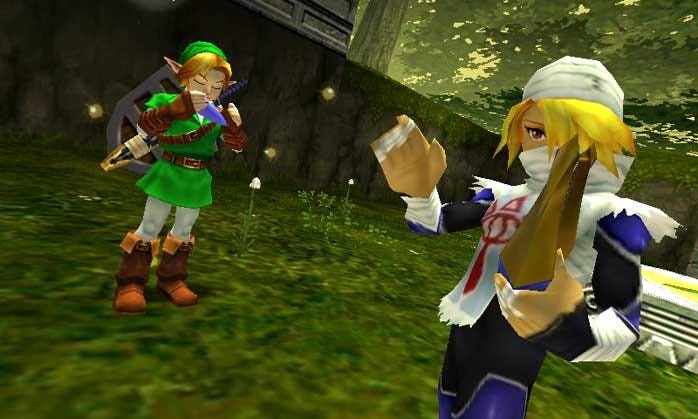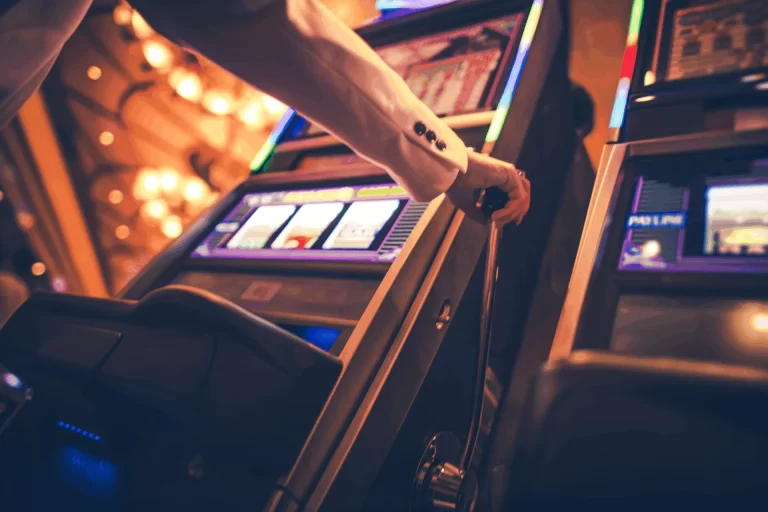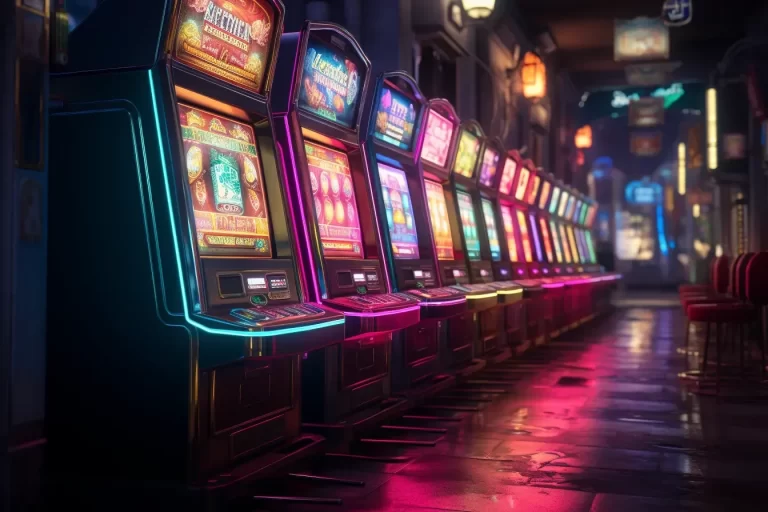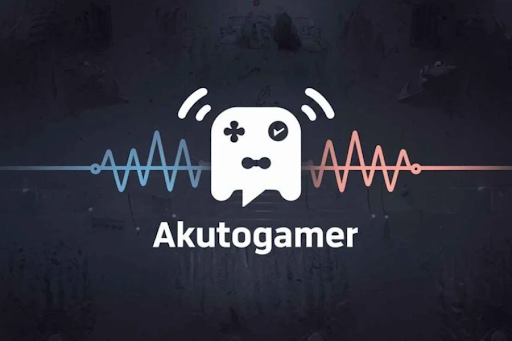
Games
Many fans of multiplayer fafa855 games who purchased in-game attributes (whether cosmetic or capable of affecting the gameplay) wondered if the law somehow regulates the circulation of these same items and whether they can be the subject of litigation. With the advent of demand for a certain game “cosmetics”, a supply is formed: from the side of the developer, the user, a separate skins market, it doesn’t matter.
Here, the most important question is whether these actions fall within the scope of the law and whether they are regulated: the existence of rights and their possible methods of protection, the regulation of the payment process, and the transfer of an item to the player, and more. Let’s deal with all aspects in order, indicating illustrative examples for certain issues.
What are in-game items and who do they belong to?
To start dealing with the legal aspects of in-game items, first, let’s give some definition that is more or less suitable for this phrase. In-game items are attributes that affect the gameplay or are only cosmetic, which the player can receive during the game or purchase for real currency.
Any layman who does not have a legal education and is not familiar with the theory of law can say that “well, since I can buy it for money, then it belongs to me” – this is not entirely true. Let’s give a simple analogy with buying equipment in a store: I come to the store and pay the appropriate amount and get the right to own, use and dispose of the thing for it, in other words, it fully belongs to me, which means that the same principle applies to in-game items.
However, any acquisition of “pixels” is only a convention. Any games is an object of intellectual property, and, therefore, it has a copyright holder (often a developer), who sets the conditional boundaries of the possible use of their game and its elements, so the purchase of items is carried out only in the games, but in no way the legal field as an object of the separate property of the user. In simpler terms, by buying some object we do not receive the thing as such as an object of our property, we only acquire the right to use it.
Buying and selling in-game property
Any property in the game has its price, depending on its rarity and the features that it gives the player. Sometimes the price tags for very rare skins that do not give a game advantage reach some cosmic numbers for simple sets of pixels: for example, buying a courier in Dote 2 or purchasing an AWP and ak-47 for a fabulous 775,000 USD. As can be understood from these examples, demand creates supply, therefore, the owner of a certain gaming property wants to benefit from it sooner or later.
What are the user’s ways to benefit?
As we have already determined, all objects of the games world belong to its developer, which means that they are the ones who have the right to set the rules for the sale and regulate them through the user agreement. The developers are not set up to provide the player with the opportunity to withdraw real funds from his wallet; many companies do not even give players the right to exchange items with each other within the site on which they operate: such prohibitions can be found in user agreements from war gaming and activation blizzard, which prohibit not only the transfer of items but also the exchange of accounts, so as not “abuse” possible gaps in their agreement regarding the exchange of items. And they have every right to do so since in-game items are still not independent objects of property,
Everything is so enslaving and hopeless for the players
Since ancient times, internal trading platforms began to emerge, to which the user’s wallet is linked with real funds that he can spend on buying and selling items from different games (for example, on steam). However, even here, all aspects of such operations are enshrined in agreements that are often regulated by the developer and he also prohibits the withdrawal of funds to his real bank account. What then is the essence of such sites? Sites like steam act as a relatively reliable intermediary between players to avoid fraud or deception when making these purchases.
However, such platforms, in addition to their reliability, which is undoubtedly their plus, have their negative sides: the lack of the possibility of withdrawing funds, the limit on the price set for the item, the likelihood of losing the account, and with it, your items. Such restrictions encourage players of เค ร ติด ฟรี to look for third-party ways out of the current situation in the gray market. For a long time, there have been more than a dozen third-party sites where you can trade your things in circumvention of the developers’ ban.
You can, of course, do without intermediaries, such as marketplaces, and arrange a personal meeting with the buyer of the items, as was done in the aforementioned case with the sale of two skins going for $ 775,000. You are less likely to be deceived in such cases, because, in such cases, the item will be provided only after payment, although there is still a risk of being “thrown” by the seller, there are always risks.



